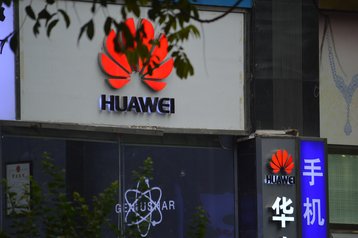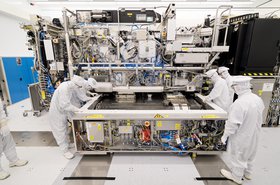The US government has revoked some export licenses from Intel and Qualcomm which had allowed the vendors to supply Huawei with certain semiconductors.
The decision from the Department of Commerce is likely to impact the chip supply for Huawei’s laptops and mobile phones.
The move comes weeks after Intel found itself in the firing line of US politicians after it was revealed last week that Huawei’s first AI-enabled laptop, the MateBook X Pro, contained Intel's new Core Ultra 9 processor.
Although there was no suggestion at the time that Intel violated any sanctions by supplying the chips to the Chinese company – Intel received a license to ship laptop central processors to Huawei in 2020 – US politicians who are vocal critics of China said that any authorization of the shipment by the Commerce Department “would be unacceptable and a failure to enforce export controls against a blacklisted champion of the Chinese Communist Party.”
Qualcomm also received a license from the US government in 2020 to sell older 4G chips to the company.
In addition to the new export ban, the Department of Commerce is involved in an ongoing investigation into an alleged chip sanctions breach after it was first discovered the Huawei Mate Pro 60 contained 7nm, 5G-enabled Kirin 9000S chips, made by the partly state-owned Chinese chipmaker SMIC.
Huawei has also been banned from providing equipment to the US government under the Defense Authorization Act of 2018 due to the company's close links to the Chinese government. A general import ban followed shortly thereafter, with former President Donald Trump signing a law in 2020 to prevent US rural telecom carriers from using Huawei network equipment.
In March 2024, China banned the use of US-made processors from Intel and AMD in government PCs and servers, in addition to restricting the use of Microsoft’s Windows operating system and foreign-made database software.







